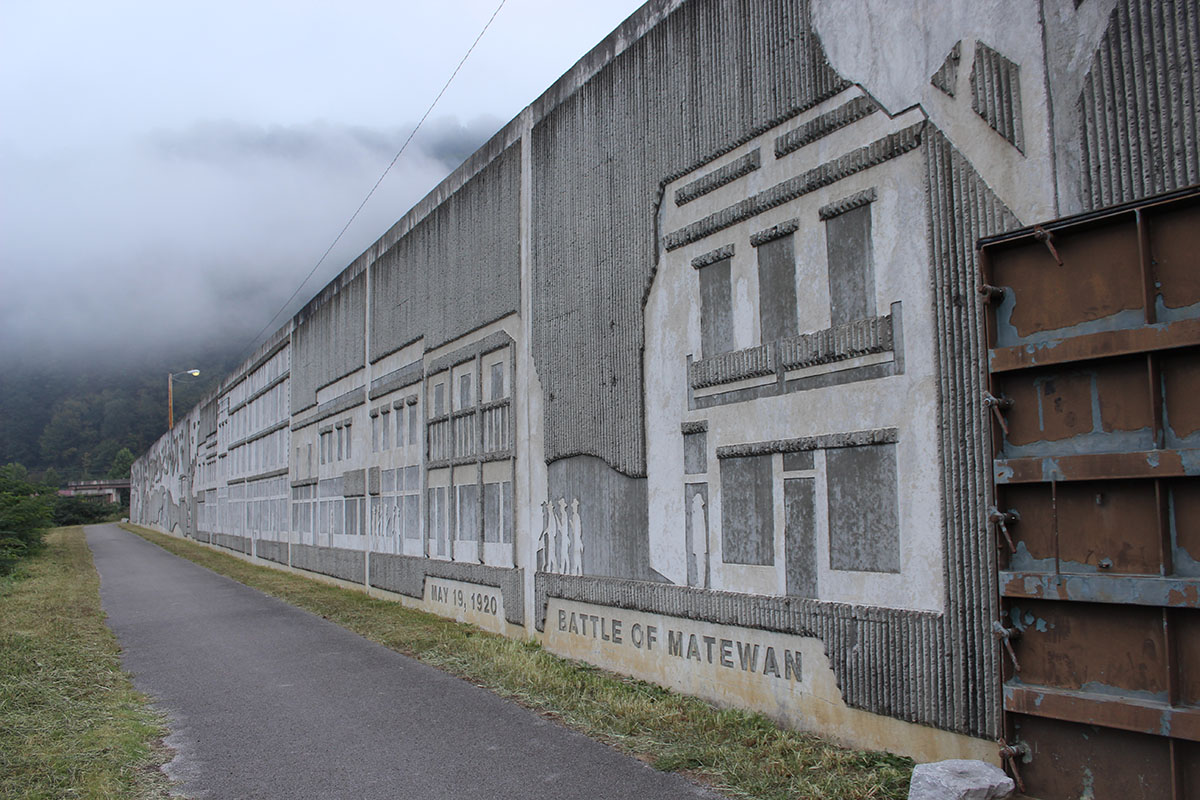
Earlier this month in West Virginia, teachers in all 55 counties in the state organized a nine day strike that resulted in a five percent pay raise. In Oklahoma, teachers are demanding a pay raise by April 1, with a threat to go on strike April 2 if their demand isn’t met. And in Kentucky, teachers have held multiple protests over the last week to fight back against proposed pension cuts that threaten their retirement security.
My parents were both public school teachers in New York City high schools. I saw the long hours they worked at home to write lesson plans, to grade assignments, to talk to a student’s parents on the phone. And I also saw what it means for teachers to have a strong union – fair pay, affordable healthcare, and voice at work to advocate for your students.
While many aspects of the teaching experience are universal, there’s at least one thing that teachers in West Virginia and Oklahoma have to contend with that my parents never did: teaching in a fossil fuel dominated state. The overwhelming sway of these industries can lead to a direct assault on school funding, and a more insidious influence on school curriculums.
We’ve previously detailed the stranglehold that oil and gas money has in national elections and policy. In the capitals of fossil fuel producing states, this influence is magnified. Oil, gas, and coal interests are the big fish in a series of little ponds. In Pennsylvania, where I live, there are 203 oil and gas lobbyists in Harrisburg – that’s one for every member of the Pennsylvania House of Representatives.
Fossil fuel lobbyists, whether they’re in Harrisburg, Charleston, or Oklahoma City, maximize industry’s profits in two ways: by weakening protections for our air and water and by slashing taxes and permit fees.
In West Virginia, corporate tax cuts implemented within the past twelve years reduced the state’s budget by $425 million annually, according to the West Virginia Center on Budget and Policy. These tax cuts – reducing the corporate net income tax rate and eliminating the corporate charter tax and business franchise tax – led to the state legislature freezing teacher pay for the last five years. As a result, West Virginia ranks 48th in teacher pay (out of 50 states and Washington, D.C.)
A similar situation has played out in Oklahoma. The tax rate on oil and gas in the state was historically seven percent, but a tax break slashes that to two percent for the first three years of operation. This tax break is projected to cost the state $500 million this year. Other extreme tax cuts implemented since 2004, including income tax cuts to the highest brackets of earners and exempting capital gains from property sales, are contributing to the problem. The income tax cuts alone have slashed $1 billion annually from the state’s budget.
Oklahoma, which ranks 49th, is one of the few states with teacher pay lower than West Virginia. Teachers haven’t received a raise in a decade and in 90 Oklahoma school districts, classes have been cut to only four days a week.
By starving state government of funds through tax breaks, fossil fuel corporations don’t just save money on their tax bill, they also weaken the watchdogs that are in place to enforce state environmental laws. The deterioration of public services is a feature, not a bug, of efforts by large fossil fuel corporations to reduce their tax liability.
In Oklahoma, the oil and gas industry has even found a way to extract value out of underfunded schools by filling the void in training and curriculum development with industry propaganda. Science lessons, developed by the Oklahoma Energy Resources Board and peppered with jokes intended to appeal to a baby boomer’s idea of a millennial, take an unrealistically rosy look at fossil fuel extraction and omit any references to climate change or toxic water and air pollution. The Oklahoma Energy Resources Board is technically a state agency, but it is funded voluntarily by Oklahoma's oil and gas producers and royalty owners.
A “lesson” on fracking from the Oklahoma Energy Resources Board which labels fracking as “proven and safe,” without mentioning the overwhelming evidence showing that it is a threat to our drinking water and air.
Fossil fuel propaganda in education has a long history in West Virginia, essentially erasing one of the largest labor struggles in American history. Historian Elizabeth Catte writes in The Nation, “state leaders in West Virginia waged an intellectual war with historians to suppress the inclusion of labor struggles in its official history books. ‘Propaganda from start to finish,’ was the reaction of then–Governor Homer Holt in 1940 when he read a manuscript funded by the federal government that acknowledged the significance of the mine wars.”
While the fossil fuel industry can impact the curriculum, the reverse is also true: teachers in fossil fuel dominant regions can make a huge impact on our climate future by teaching the truth about climate change and fossil fuels to their students. This can be a sensitive topic where many of their students have parents that work in the industry or lease out mineral rights on their land. But whether it’s in coalfields in Wyoming, or oil and gas producing areas in Colorado, science teachers are on the front lines of the climate justice movement educating students about the scientific consensus on climate change and the health impacts that workers and residents face. Teachers are also essential for providing the next generation with the skills and education to have careers in a post-carbon economy.
In demanding a raise, teachers in Oklahoma and West Virginia are challenging the fossil fuel industry head on. Catte continues, “teachers on strike issued an explicit challenge to the largesse afforded to energy interests. Many made the case that the only viable way forward for West Virginia to both resolve the core issues surrounding the strike and ensure future economic stability is to do what many state political leaders both past and present would find heretical—corporate taxes must be raised.”
In a New York Times op-ed, Sarah Jaffe also connects the teachers’ struggle with a history of resistance against the coal industry, “In calling for taxes on the companies digging up the state’s fossil fuel resources, they are echoing the miners’ struggles not just in style, but in substance, demanding that the energy barons who have so much power in the state government as well as in its economy — the governor is a second-generation coal billionaire — pay more to those they have exploited.”
The West Virginia legislature, despite approving a five percent raise for teachers, and raises for other state employees, hasn’t determined exactly how those raises will be paid for. While conservative politicians and corporations want to see the raises funded by budget cuts elsewhere, teachers and activists continue to fight for sensible corporate tax increases to improve pay, and a similar battle is playing out in Oklahoma where the state senate just approved a pay raise but its future is in doubt because a tax bill to pay for the raise failed.
In the classrooms, and in state capitals, teachers are confronting powerful oil, gas, and coal industries. We should stand in solidarity with them and draw inspiration from their organizing.


